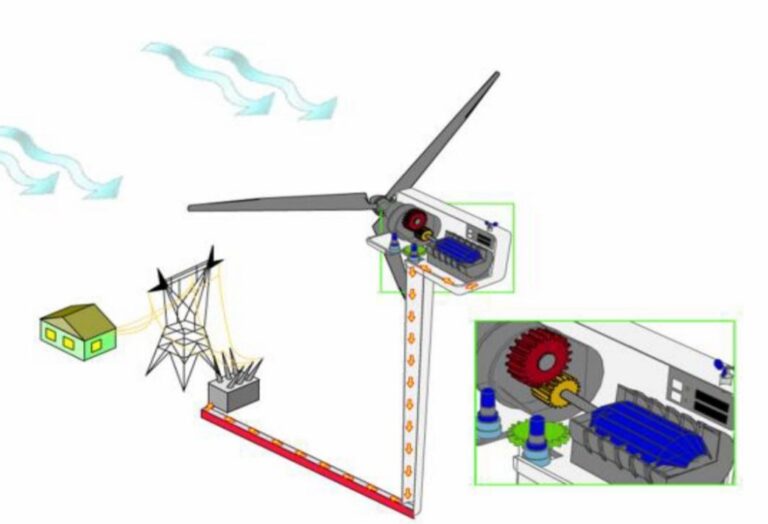Why is a building management system Important?
A Building Management System (BMS) is very important because it acts as the central nervous system of a building, monitoring, controlling, and optimizing all key mechanical and electrical systems.
1. Energy Efficiency and Cost Savings
A BMS continuously monitors HVAC, lighting, chillers, pumps, and other equipment. By adjusting setpoints, scheduling operations, and detecting inefficiencies, it reduces unnecessary energy use. This translates into lower electricity bills and reduced operational costs.
2. Comfort and Indoor Air Quality Maintains stable temperature, humidity, and ventilation levels. Provides occupants with a comfortable and healthy environment, which can boost productivity in offices or reliability in sensitive facilities (e.g., hospitals, data centers).
3. Centralized Monitoring and Control Operators can manage the entire building from one interface instead of checking individual systems. Alarms and dashboards help quickly detect issues like temperature drift, equipment failure, or abnormal energy spikes.
4. Operational Reliability Protects equipment such as chillers, pumps, and fans by ensuring proper sequencing, load balancing, and avoiding overuse. Prevents breakdowns by detecting faults early and guiding preventive maintenance.
5. Sustainability and Compliance Reduces carbon footprint through smarter energy use. Helps meet green building standards (LEED, BREEAM, ISO 50001, Energy Star).Provides reports for audits and regulatory compliance.
6. Flexibility and Scalability Integrates multiple systems (HVAC, lighting, elevators, fire alarms, access control, etc.) into one platform. Can be expanded as the building grows or new technologies (like solar PV or smart meters) are added.
7. Data, Analytics, and Benchmarking
Logs historical performance data for chillers, pumps, AHUs, and other systems.Helps facility managers compare efficiency, track KPIs (like kW/ton for chiller plants), and continuously improve operations.
